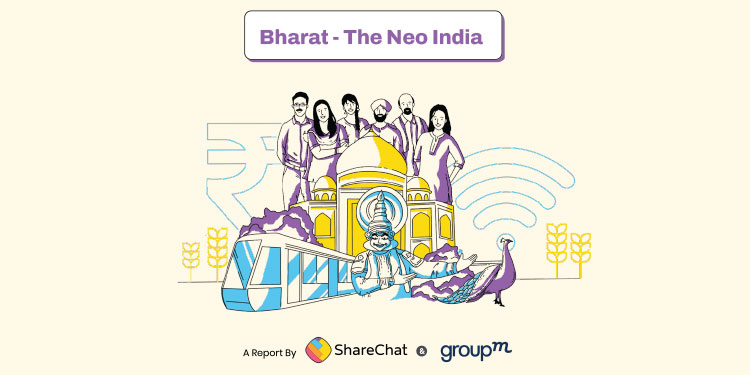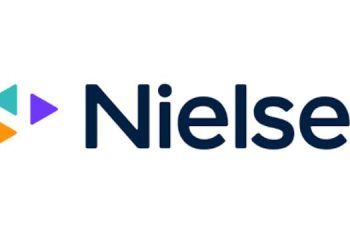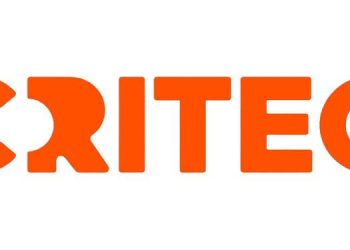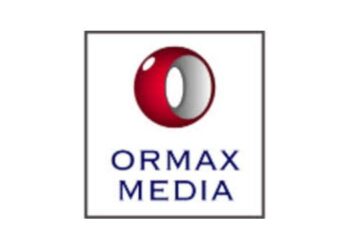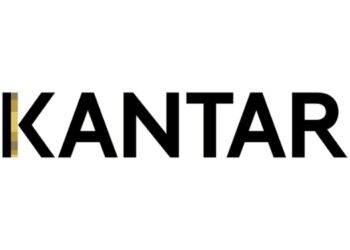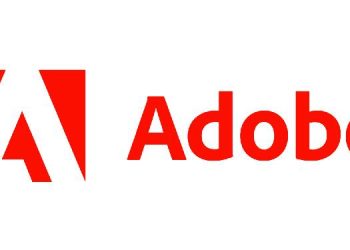ShareChat- social media platform, released a report titled ‘Bharat – The Neo India’ in association with GroupM that studies the social media behavior, content preferences, spending choices of Bharat and India users. The report classifies users that prefer Indic language on social media as Bharat users and India users as the ones that prefer using English, across all the regions of India. Bharat users are spread across the country with nearly 40% present in metros and 53% in non-metros. The findings in the report are based on a primary survey by YouGov, conducted among 3,432 social media users across 17 Indian states and with inputs from Kantar on Indic language urban active internet users.
The survey finds that Bharat users are as affluent and digitally savvy as India users. Bharat users are at par with India users when it comes to participating in online financial activities. In terms of choice of payment mode, Bharat users are adept at using UPI for online transactions and have a lead over India users in terms of net-banking and debit cards transactions online. Among Bharat users, 56% use UPI and 49% use mobile wallets multiple times a week. Breaking away from traditional means, Bharat users are investing in stocks, mutual funds, e-gold and even cryptocurrency.
Bharat users are more engaged on social media as compared to India users. 29% of Bharat users post content daily at least once as compared to 22% of India users. Bharat chooses to stay updated via social media as 39% of Bharat uses it as their primary source of news consumption. Like India, the majority of Bharat users prefer streaming free videos over watching TV. Daily, 50% of Bharat users stream free video online and about 47% watch TV. Social media also emerged as one of the primary influences for making buying decisions for Bharat users. Bharat is increasingly shopping online with 46% buying gadgets online in 2021, followed by other categories like travel bookings, food, clothing and accessories, beauty and skincare are also popular.
The report also stated that the Bharat users are showing a propensity to pay for online content with 27% already using paid video streaming services daily. 37% of Bharat users are listening to music, 36% are shopping, and 24% are ordering food online. In certain categories, Bharat users in specific regions drive higher engagement- South: Gaming (39%), Food & Drinks (32%) and Travel (22%), West: Travel (22%), North: Health and Fitness (29%).

Unveiling the report, Ajit Varghese, Chief Commercial Officer of ShareChat, said, “Bharat users are taking social media by storm. It is interesting to note that the Language first users are at par with English language first users when it comes to digital presence, use of online transaction methods, and shopping habits. Bharat users also outrank when it comes to consuming news, food and beverages, health and fitness, and travel related categories online. Observing similar trends on our platforms, we at ShareChat are excited to be at the forefront of engaging with this audience that is spread across the country.”

Commenting on the report, Prasanth Kumar, CEO – GroupM South Asia said, “From the media planning aspect, Bharat is unique in many ways. This is mostly because all the cities that make Bharat are Indic language-heavy, fragmented and display their own sets of consumer behaviour traits. This diversity in our country brings in its own challenges and opportunities. Brands and media planners looking to reach target audiences across the country should focus on a customized approach for this segment. With this report, we have put together planning guidelines that will give marketers a direction and a starting framework on how to plan and reach the Bharat user effectively.”
Bharat v/s India – Other key findings:
- In terms of voice search, Bharat users are leading with 26%, as compared to 15% of Indian users.
- 21% of Bharat posts content 4-5 times a week compared to 17% of India
- As per Kantar, there are over 341 million overall urban active internet users and 167 million urban active Indic internet users. The study suggests that urban active Indic internet users over-indexed on NCCS A (New Consumer Classification System) and higher education compared to overall urban active internet users
- 33% of the urban active Indic internet users are from NCCS A as compared to 30% among overall urban active internet users
- 39% of urban active Indic internet users consists of graduates/postgraduates as compared to 35% among overall urban active internet users
Link to the full report: https://bit.ly/33Q6Z9B

